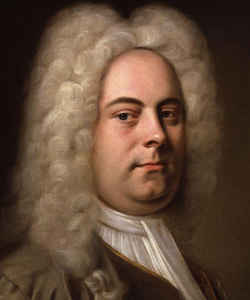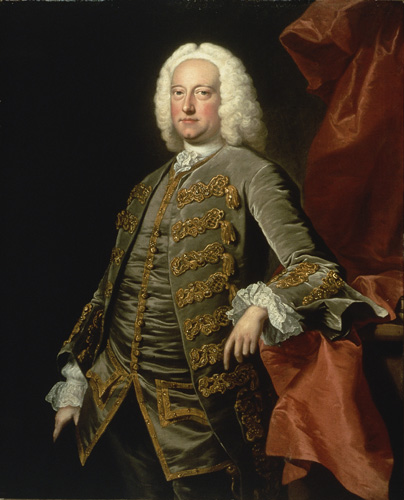On Sunday (28.3.21) went to see an amateur (local church) choir perform Messiah. Let’s just say the music shone through. When I was a child, it left me cold: all those twiddly bits. As I’ve matured, I’ve come to enjoy baroque music, if not fully to understand or appreciate it. Even so, it took an effort of historical imagination, while listening to the choir, to reconcile (to my satisfaction, at least) the exuberance of the music to the weight of the subject matter.

I am, as usual, speculating from a position of ignorance, but it seems plausible to me that most 18th century listeners would not have noticed any incongruity. Handel and Jennens were men of faith writing in an age of faith: their composition was not an exploration of the human condition but a celebration of it, as redeemed through Christ. There’s no psychological dimension to the music, no exploration of human existential anxiety, because, in terms of the composer’s and librettist’s own cultural assumptions, such issues had already been resolved. This leaves the music free to explore its own possibilities, its autonomy lending no direct support to the weight or meaning of the words—which, in any case, are carried by a power of their own.

And yet there is a sense in which the words and music do complement each other, if you can accept the (fanciful, or perhaps baroque?) idea that the music’s autonomy symbolizes the freedom that Christ’s sacrifice bought for humanity. It’s an idea that begs to be synthesized by an image: I think of a bird flying into a temple, darting hither and thither in the incense-infused half-light, singing freely over the sombre ritual below.
No, I don’t take the Bible literally, but I do try to relate to it in human terms. One consequence is that the Resurrection always strikes me as something of an anti-climax: Christ is never more fully alive in the Gospels than when he’s at the point of death. Yes, I understand the theological importance of the Resurrection and the idea that it gives us hope for eternal life. After Christ’s terrible suffering, however, it’s a gift I’m almost embarrassed to accept. More importantly, it eclipses what, for me, is Christ’s true gift: the possibility of resurrection in life. More than once the idea of an infinitely renewable relationship—God’s unconditional love, and our ability to receive it through repentance as a result of Christ’s sacrifice—has pulled me back from the edge.
